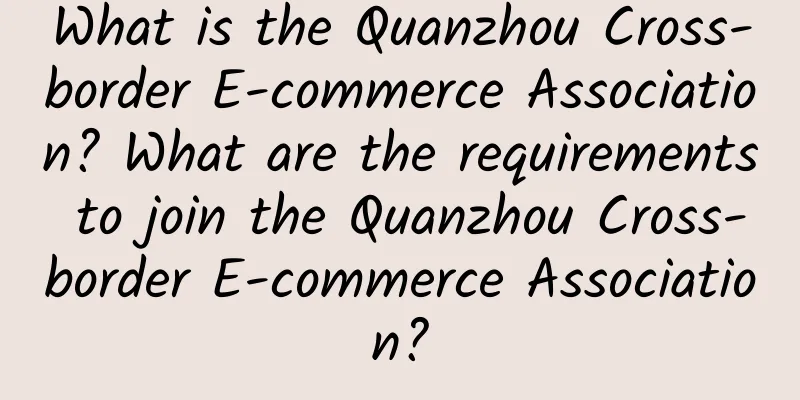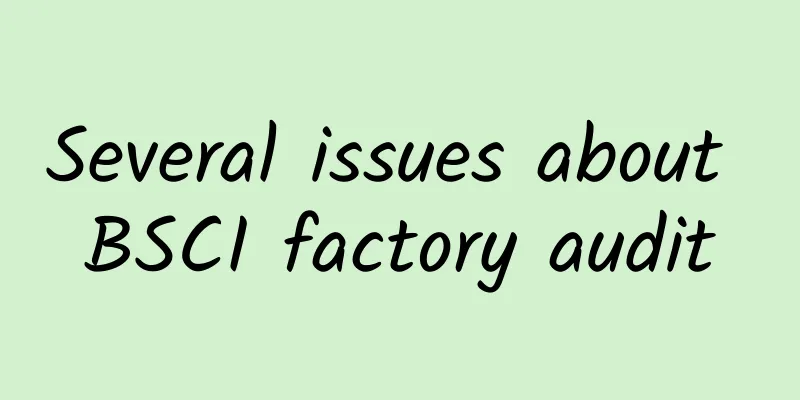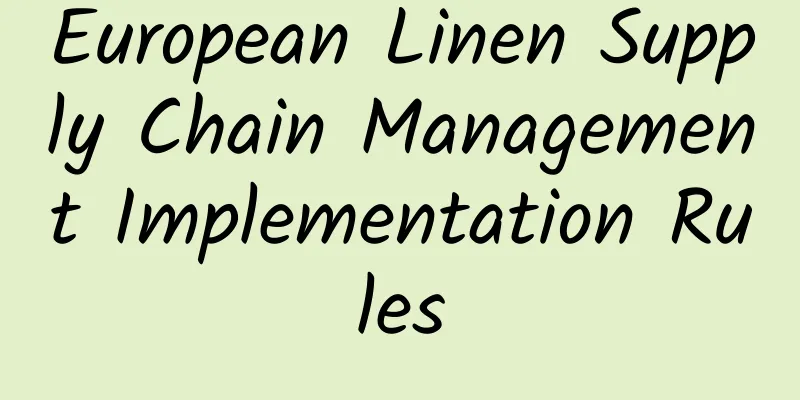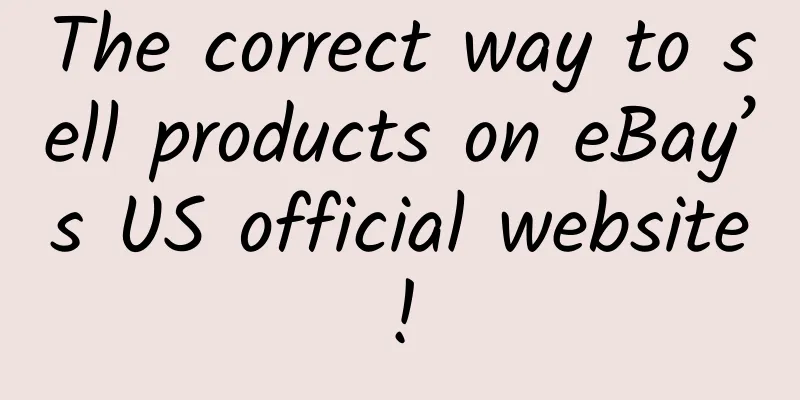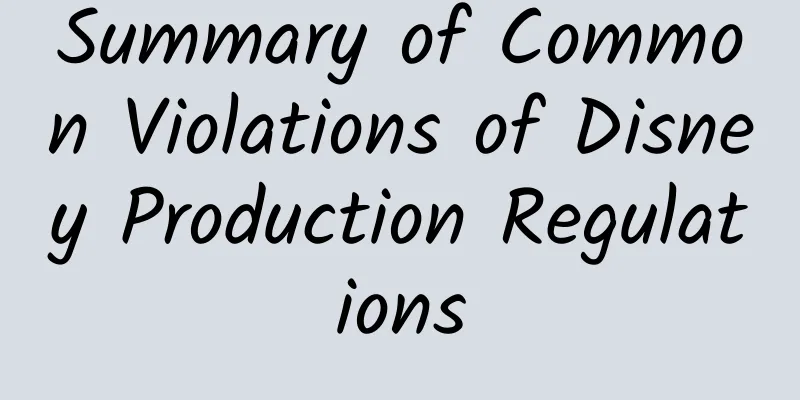Unraveling the "mystery" of cross-border procurement
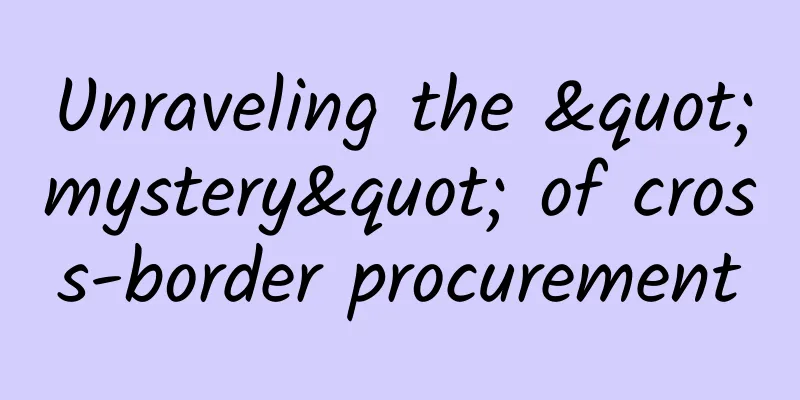
|
At the 2003 Cross-Border Procurement Fair (Shanghai, China), a paper product manufacturer in Hangzhou finally reached a preliminary agreement with Wal-Mart for the first transaction of 20 million paper cups. A few days later, Wal-Mart unilaterally cancelled the supply agreement. The reason was that the toilet environment of the company did not meet the standards of Wal-Mart suppliers. In September 2003, a shoe factory with about 500 employees in Zhongshan City, Guangdong Province was suspended for two months by its customers for rectification because it did not meet the minimum wage standard stipulated by local laws. At the end of 2003, a glove manufacturer in Shanghai that had passed various product quality certifications failed to pass the factory inspection of a well-known retail company because it did not comply with the provisions of the Labor Law regarding maternity leave for female workers. More and more suppliers have found that buyers' "tastes" seem to be getting higher and higher. In addition to product quality, technical content, company size, and logistics level as necessary conditions for selection, requirements such as workers' rights, internal company environment, and protection of the social environment have also become part of the assessment, and the test question is "social responsibility standards." It is estimated that since 1995, at least 8,000 factories in my country's coastal areas have undergone social responsibility audits by multinational corporations. Some companies have received more orders due to their good performance, while some factories have been disqualified as suppliers because they have no sincerity in improving. Social responsibility standards have become a new trade barrier. Countless suppliers have stumbled over the "toilet problem". As a result, many companies have come up with SA8000, the highest level of corporate ethics standards. SA8000 is the world's first social ethics responsibility standard and is another important new international standard for regulating the social ethics of corporate organizations after ISO9000 and ISO14000. It requires companies or organizations to take the initiative to assume responsibility for the environment, society and stakeholders while making profits. |
<<: ICTI certification intensifies the reshuffle of my country's toy industry
Recommend
Why are more and more brands accepting the Global Recycling Standard (GRS)?
The Global Recycled Standard (GRS) was originally...
What is ISCC International Sustainability and Carbon Certification?
The term "sustainable development" appe...
What is LazMall? What are the advantages of LazMall?
What is LazMall? LazMall is the official store la...
How is Tuowei Baishunda? What services does Tuowei Baishunda provide?
Looking for a reliable cross-border express compa...
How to view other people’s Shopify stores?
Recently, many people have asked how to find othe...
What are the sales skills on eBay (Part 1)?
If you want to run an eBay store well, you must h...
How about Dianchuang Intellectual Property? What are the advantages of Dianchuang Intellectual Property?
How about Dianchuang Intellectual Property? Shenz...
Indiegogo tests optional insurance for crowdfunded products
It's been a tough year for crowdfunding site ...
What is BaganMart? What are the features of BaganMart website?
What is BaganMart? BaganMart.com is the first and...
What are the promotional methods within eaby?
The traffic of eBay store is poor, there are too ...
Predictions for hot-selling products on major Ebay sites, useful information coming!
The markets of each major eBay site are different...
How do I pay and register for AmzTracker? Is AmzTracker safe? Does AmzTracker offer a free trial?
How to pay and register with AmzTracker? Amz Trac...
JCPenney Catalog Paper Policy
Another important policy related to JCPenney and ...
Timberland Timberland anti-terrorism factory inspection role
Timberland Timberland Anti-terrorism Factory Inspe...
Reporter at the scene: Bamboo and corn can be made into environmentally friendly organic fabrics
On-site news Bamboo, soybeans, corn, milk, coconu...


